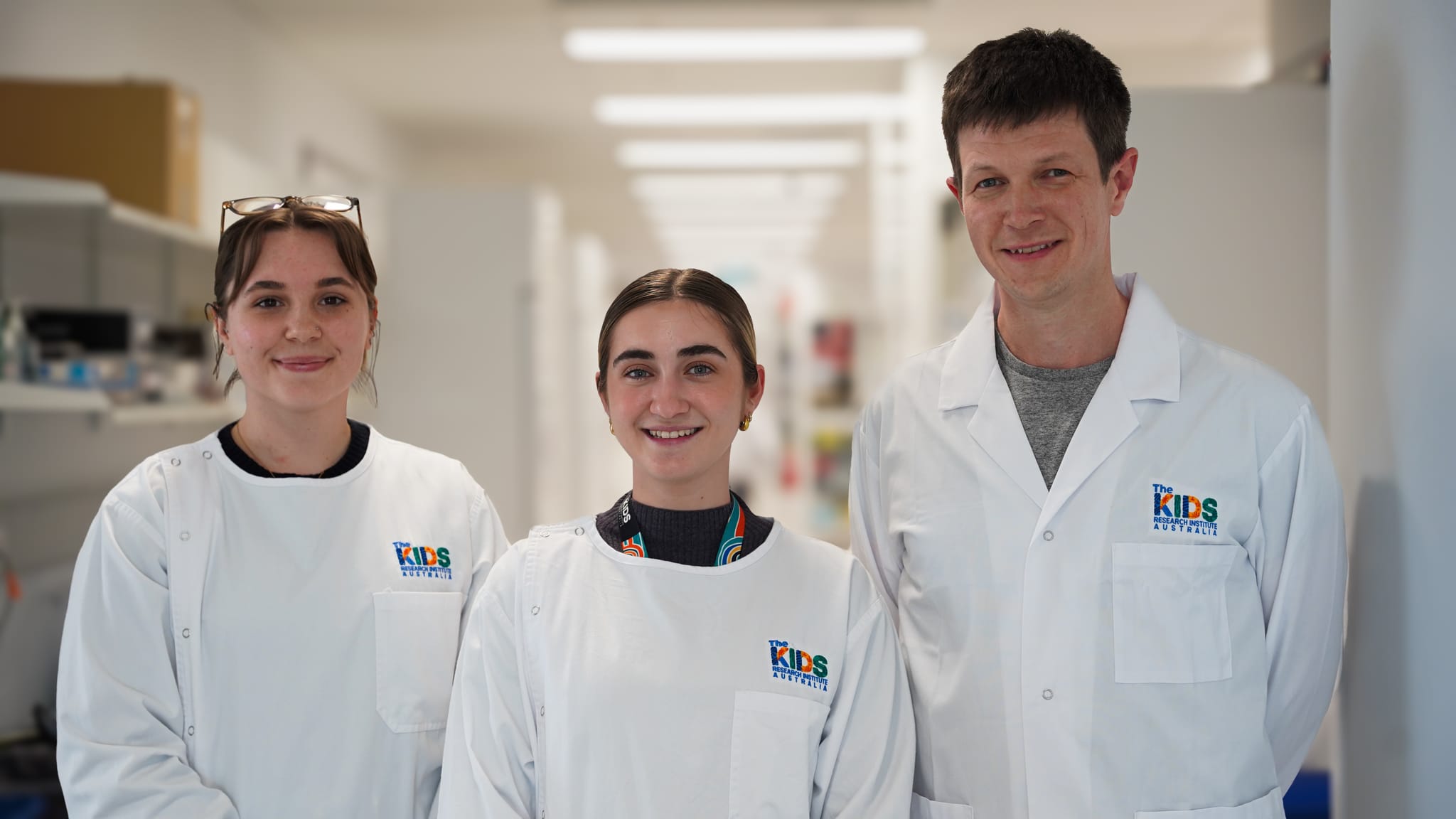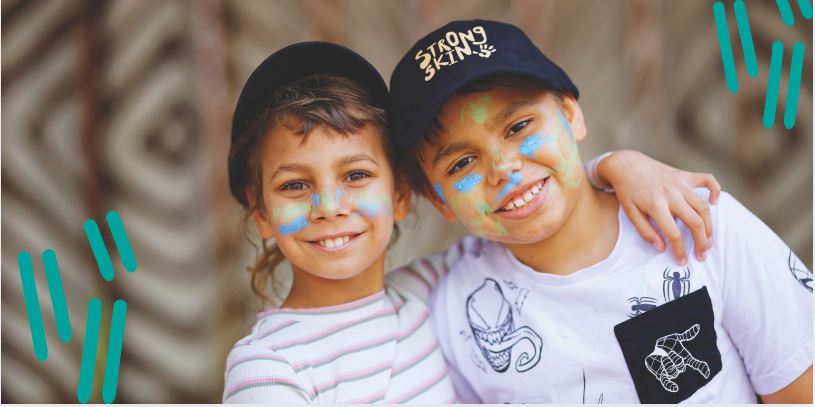Search
Showing results for "Au"
Research
Fetal alcohol spectrum disorders: Notifications to the Western Australian Register of Developmental AnomaliesThere is increasing attention on fetal alcohol spectrum disorders (FASD) in Australia, but there are limited data on their birth prevalence.
Research
Dental admissions in children under two years - A total-population investigationThis paper describes dental and oral cavity admissions and associated factors in children under two years of age using total-population databases.
Research
Maternal alcohol consumption during pregnancy and the risk of orofacial clefts in Infants: A Systematic Review and Meta-AnalysisThis paper evaluated the association between maternal consumption of alcohol during pregnancy and the occurrence of cleft lip and palates in infants by...
Research
A study of handling cytotoxic drugs and risk of birth defects in offspring of female veterinariansThis paper examined the association of occupational exposure to handling cytotoxic drugs at work with risk of birth defects among a cohort of female...
Research
Reactive aggression and peer victimization from pre-kindergarten to first grade: accounting for hyperactivity and teacher-child conflictTeacher-child conflict in kindergarten predicted subsequent increases in victimization, reactive aggression, and hyperactivity
Research
"The problem with running"-Comparing the propulsion strategy of children with Developmental Coordination Disorder and typically developing childrenChildren with Developmental Coordination Disorder (DCD) often have difficulties running.
Research
Parental alcohol consumption and risk of childhood acute lymphoblastic leukemia and brain tumorsChildhood acute lymphoblastic leukemia (ALL) is the most common childhood malignancy and brain tumors (CBTs) are the leading cause of cancer death in...

News & Events
Immune patterns linked to childhood asthma riskNew research digs deeper into how children's immune systems handle viral challenges

News & Events
Celebrating 35 years of impact at The Kids Research Institute AustraliaCoinciding with the Institute’s 35th year of research to improve the health and wellbeing of children and families, the 2025 Impact Report celebrates research which has been translated into policy or practice, and which has led to a paradigm shift in the way we respond to childhood health and wellbeing.
Research
The CASHEW Study - Introducing Cashew Nuts During InfancyDebbie Susan Palmer Prescott BSc BND PhD MBBS BMedSci PhD FRACP Head, Nutrition in Early Life Honorary Research Fellow debbie.palmer@uwa.edu.au
